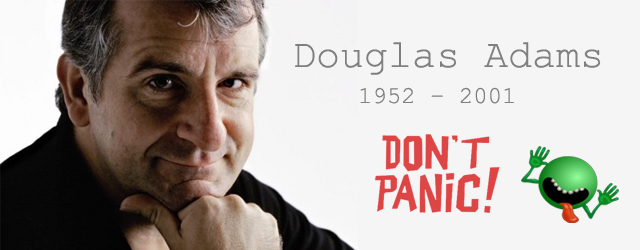In an attempt to combat file sharing and make music more accessible to the online generation (make more money), the music industry started to sell its music in download form. Such was its success that it spurred a reinvention of the UK singles and albums chart to accommodate mp3 download sales.
As of writing CDs and comeback kid, vinyl, are superior in quality to anything else out there, but quality alone isn’t enough for the mp3 generation. The decline in CD sales is mostly down to the fact that thousands of mp3 files can now be uploaded and played on something no bigger than a cassette tape. It could be suggested that the music industry is earning most of its bread and butter through selling music at a substandard quality, these days.
Despite its questionable dynamic quality in the ears of seasoned audiophiles, compression formats like mp3 have had a positive effect on both the music industry and the consumer in the form of music streaming services. The small size and versatility of compression formats allows terabytes of music to be stored and streamed to millions of clients. Services like Napster and Spotify have instigated one the biggest changes within the industry for decades: not only can subscribers stream complete albums on their computers or mobile phones, but they can also download and play music offline
Lossless compression formats like ‘aac’, and ‘flac’ are becoming the new choice of audio format for the audiophile. Although much larger than even the highest quality mp3, they are indistinguishable from the original CD source in terms of quality. Also, iPods with whopping 160 gigabyte hard drives can more than accommodate a large music library.
The internet is getting much faster, 3G/4G mobile internet is spreading. At this rate, it won’t be long before we’re accessing the worlds entire collection of sweet sounds from the most remote tundras and mountaintops. I bet even the ISS has a Spotify account by now.



